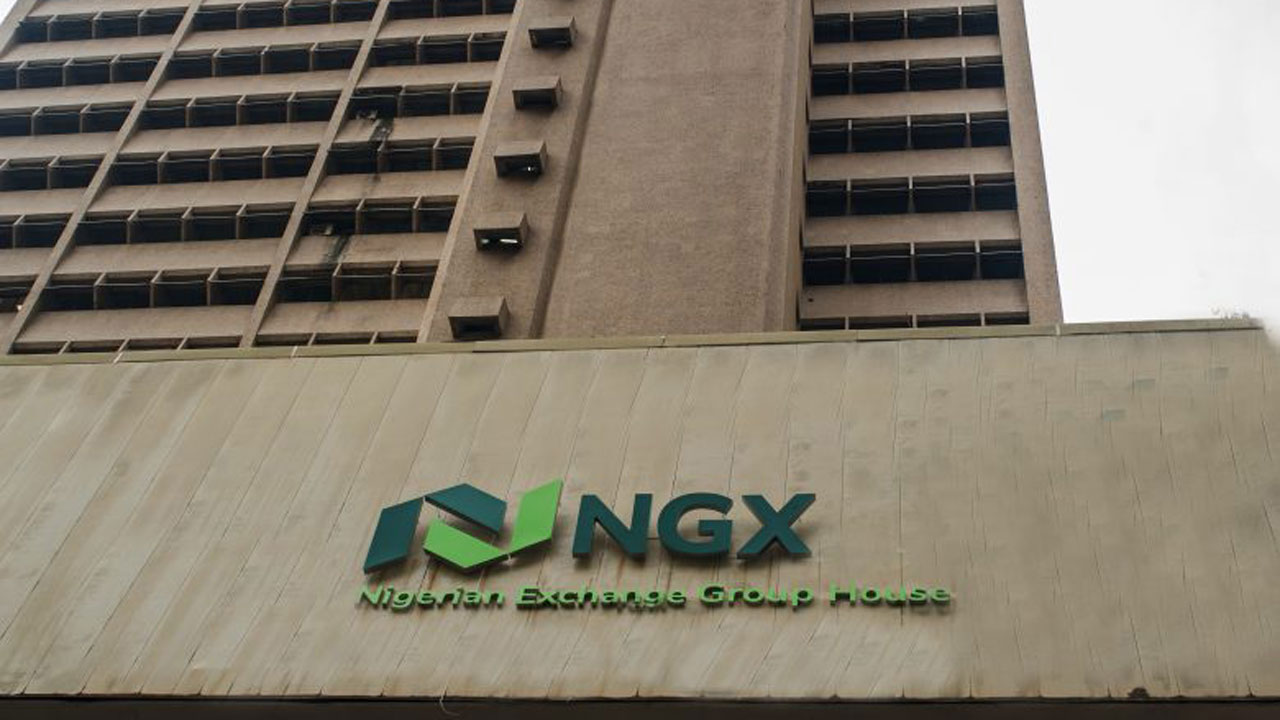On Thursday, the Treasury bill market saw a chilly trading session as investors continued to consider the effects of falling spot rates on the auction rollover on their portfolios. The Central Bank of Nigeria (CBN) decreased financing costs on Wednesday by lowering market rates despite increases in interest and inflation rates.
Increased demand for Nigerian treasury bills at the CBN auction is supported by a healthy level of liquidity in the financial system, providing a chance to lower the price of rolled-over bills.
Liquidity levels closed high before the market opened for the auction as major money market rates fell as a result of the lack of demands on the financial system. According to FMDQ Exchange data, the open repo rate fell by 23 basis points.
The average yield on Nigerian Treasury bonds remained constant at 7.3% as a result of limited trading activity in the secondary market. Trading activity on the bond market was negative as the average yield increased by 2 basis points to 13.5%.
The average yield increased in the short (+4 bps) and mid (+4 bps) portions of the benchmark curve, respectively, as a result of profit-taking on the JAN-2026 (+19 bps) and APR-2029 (+10 bps) bonds. On the other hand, the long end’s average yield closed unchanged.
“Profit-taking activities were observed across short- and mid-dated securities, particularly the debt due on 22 JAN 2026, which caused the average secondary market yield to increase and reach 13.06%.”
Cowry Asset told investors that the 10-year borrowing cost also experienced an uptick, recording a yield of 13.43% compared to 13.37%. Conversely, the 20-year and 30-year bonds exhibited stability, retaining yields at 14.90% and 15.12%, respectively.
Elsewhere, FGN Eurobonds faced appreciation across most tracked maturities, reflecting renewed bullish sentiment. Similarly, the average secondary market yield saw a marginal decrease to 10.41%.












